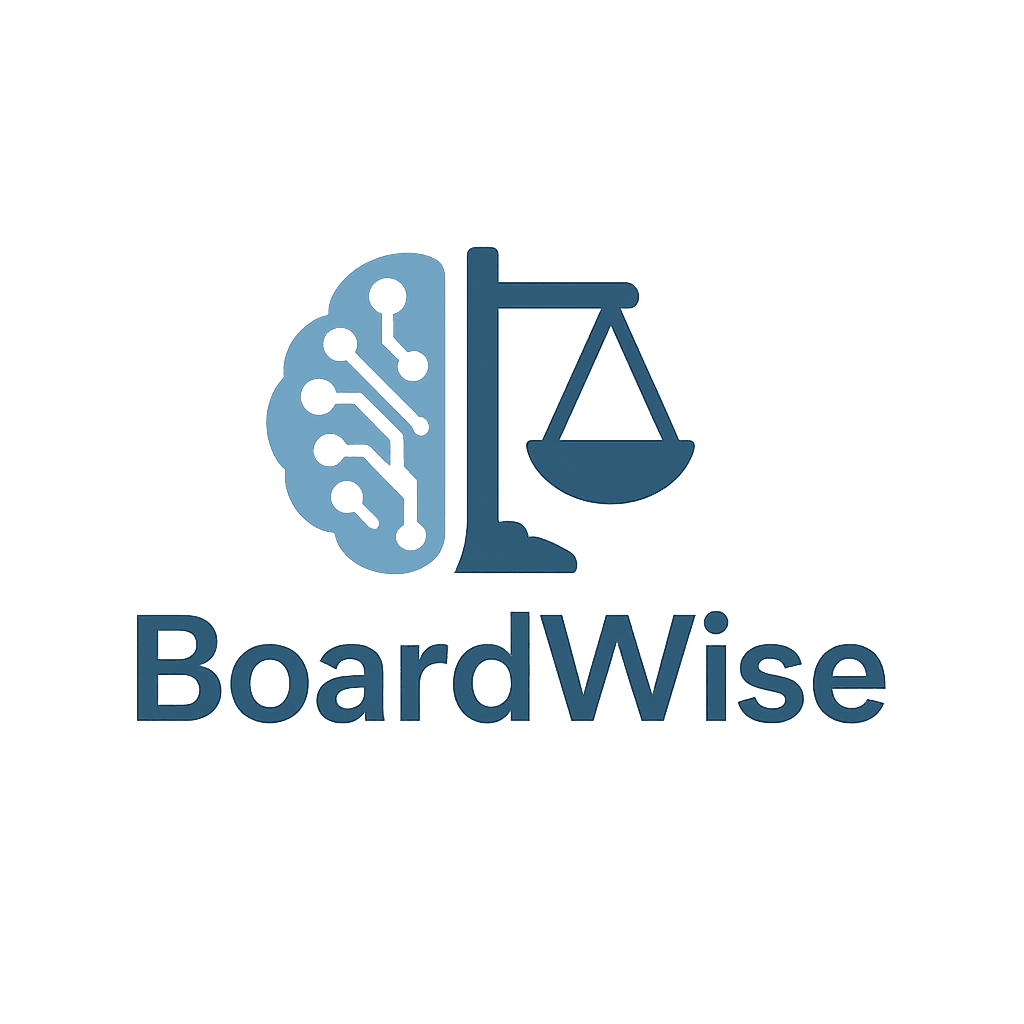Who Are the Licensing Board Members — and What Do They Do?
Matt
Founder of BoardWise

When you receive a letter from your licensing board, it's natural to feel intimidated. But one thing that can ease some of the fear is understanding who's behind that letter — and what their role really is.
Let's look at who sits on professional licensing boards, what they do, and how they make decisions.
Who Are Licensing Board Members?
Most professional licensing boards are made up of a diverse group of people, including:
- Professionals from your field — Nurses, therapists, social workers, or others who understand the work firsthand.
- Public members — Community representatives who don't hold the license but bring a consumer or public safety perspective.
- Legal or administrative staff — Government employees who ensure the board follows laws, timelines, and proper procedures.
Boards are not made up of people who want to punish you — they're made up of people charged with protecting the public and upholding professional standards.
What Is the Board's Role?
Licensing boards exist to:
- Review complaints made against licensed professionals
- Investigate and gather facts when necessary
- Decide whether action is needed, and if so, what kind
- Protect the public, while also respecting the rights of the licensee
Boards often dismiss a large percentage of complaints early, especially when the licensee responds clearly, shows insight, and demonstrates a commitment to ethical practice.
What Board Members Want to See
While every board is different, most are looking for:
- Honesty
- Accountability
- Professional tone
- Willingness to learn or improve
When you write a response to a complaint, you're writing to your peers and the public. Many of them have been in challenging situations themselves — and they're likely to respect someone who responds with maturity and clarity.
Why This Matters
Understanding the board's role helps shift your mindset.
Instead of thinking, "The board is out to get me," you can think, "This is a professional conversation. I have the opportunity to clarify, reflect, and show who I really am."
That's a powerful shift — and one that can change how you write your response.
How BoardWise Can Help
BoardWise helps you:
- Draft your response in a clear, respectful tone
- Organize your thoughts and include key details
- Add optional materials like CEU plans or character references
Our goal is to help you communicate with the board in a way that reflects your professionalism and your potential to move forward — no matter what the complaint says.
Final Thought
Licensing boards are not faceless agencies. They're made up of people — many of whom know how hard your job is.
When you respond with honesty, care, and structure, you give them a reason to see you in the best possible light.
References (APA Format)
- National Council of State Boards of Nursing. (2023). Understanding the disciplinary process. https://www.ncsbn.org/discipline.htm
- Federation of State Medical Boards. (2020). Structure and function of state medical boards. https://www.fsmb.org
- Association of Social Work Boards. (2023). Role of regulatory boards. https://www.aswb.org/licensees/about-regulation/
